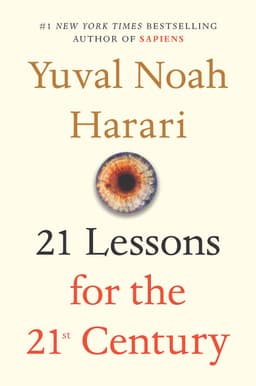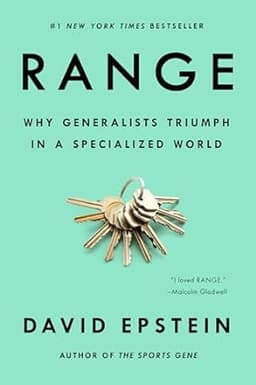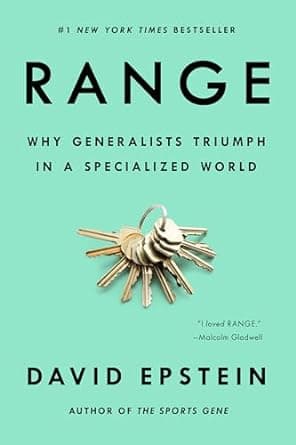
21 Lessons for the 21st Century Book Summary
Book by Yuval Noah Harari
Want to read the full summary?Click here to read for free!
Summary
In "21 Lessons for the 21st Century", Yuval Noah Harari explores the most pressing challenges and opportunities of our time, offering insights on how to navigate a rapidly changing world shaped by technological disruption, political upheaval, and existential uncertainty.
Sign in to rate
Average Rating: 5
These are the best quotes from 21 Lessons for the 21st Century by Yuval Noah Harari. If you want to read a full summary of this book for free, click here.
What To Do If Job Losses Outstrip Job Creation
"So what should we do? Should we adopt the liberal dogma and trust the aggregate of individual voters and customers? Or perhaps we should reject the individualist approach, and like many previous cultures in history empower communities to make sense of the world together? Such a solution, however, only takes us from the frying pan of individual ignorance into the fire of biased groupthink...
Providing people with more and better information is unlikely to improve matters. Scientists hope to dispel wrong views by better science education, and pundits hope to sway public opinion on issues such as Obamacare or global warming by presenting the public with accurate facts and expert reports. Such hopes are grounded in a misunderstanding of how humans actually think."
Section: 1, Chapter: 4
"There Is Just One Civilization In The World"
"In recent generations the few remaining civilizations have been blending into a single global civilization. Political, ethnic, cultural and economic divisions endure, but they do not undermine the fundamental unity. If we take a long-term perspective of centuries and millennia, it becomes obvious that there is just one civilization in the world: global human civilization."
Section: 2, Chapter: 6
"We Should Never Underestimate Human Stupidity"
"We should never underestimate human stupidity. Both on the personal and on the collective level, humans are prone to engage in self-destructive activities. This threat is particularly acute in the case of war.
Even if war is catastrophic for everyone, it won't necessarily prevent countries from starting wars. In history, governments have all too often acted in misguided, delusional and disastrous ways, especially when gripped by excessive nationalism and militarism."
Section: 3, Chapter: 11
Questions You Cannot Answer
"It is vital to emphasize that the last word on the matter should never be given to a single story, scripture or guru. It is essential to beware of any prophet who comes along and announces the answers to all of life's big questions. It is even more vital to beware of the followers of such prophets. No story captures the entire truth of life, and no human being understands everything.
Uncertainty is a better starting point than certitude. Questions you cannot answer are usually far better than answers you cannot question. So if you seek the truth, you should start by making question marks."
Section: 4, Chapter: 15
"In Meditation, It Is Not The Extraordinary Visions That Matter Most"
"You are not your feelings, you are not your thoughts, you are not your body. These all change constantly, develop and disintegrate, while your inner essence remains. Yet that inner essence isn't an eternal soul, and it certainly isn't your eternal soul, because you don't have one. Your true inner essence has no self. It is selfless. Realizing that is the ultimate aim of meditation."
Section: 5, Chapter: 21
Related Content


Range Book Summary
David Epstein
"Range" challenges the conventional wisdom that early specialization is the key to success. Instead, Epstein argues that in our increasingly complex and unpredictable world, it is those with broad experience and diverse skills who are best equipped to thrive.
"Range" challenges the conventional wisdom that early specialization is the key to success. Instead, Epstein argues that in our increasingly complex and unpredictable world, it is those with broad experience and diverse skills who are best equipped to thrive.
Personal Development
Learning
Psychology

